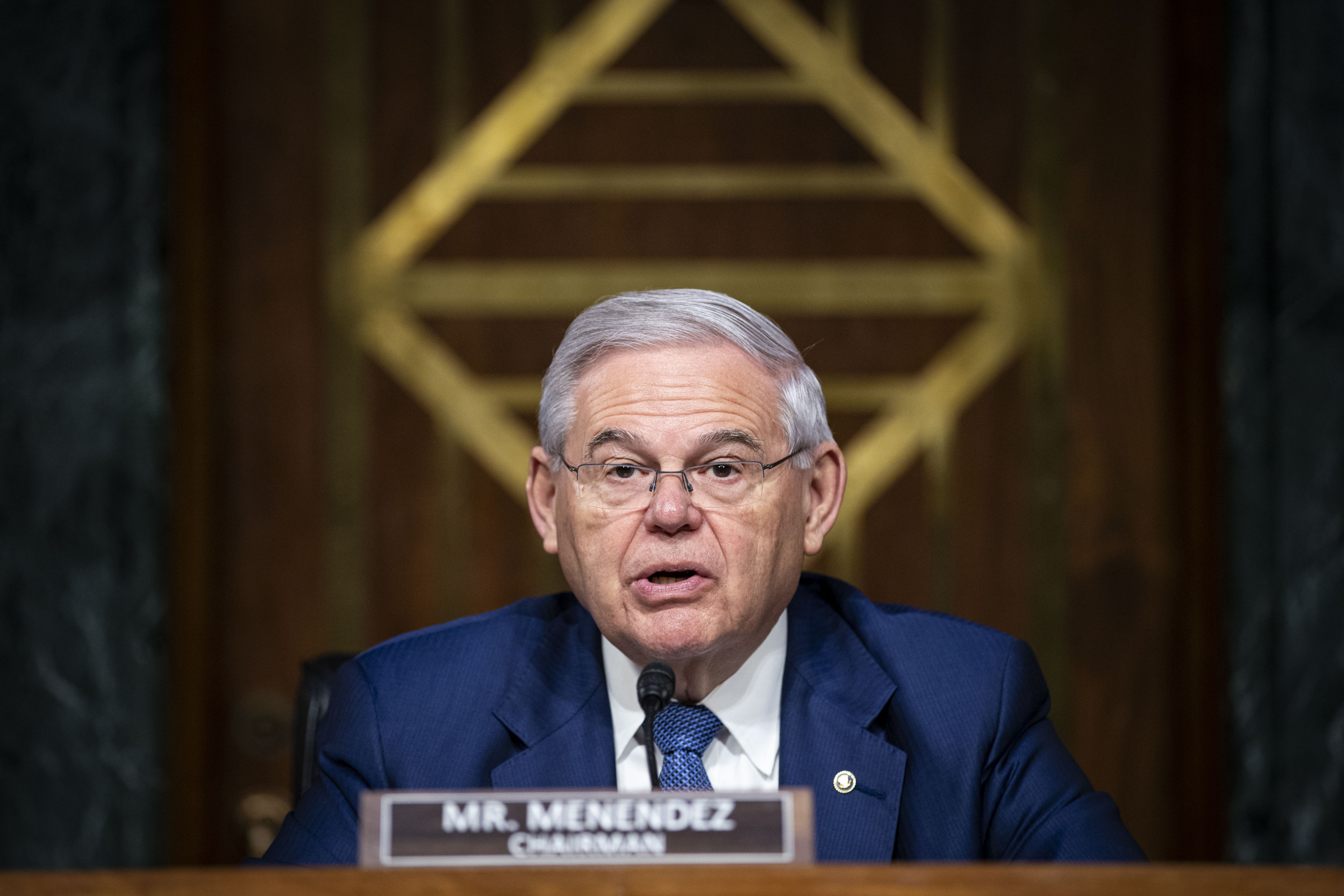Almost exactly four years ago, as one of his first acts in office, President Donald Trump ordered U.S. special forces to raid a tiny village in a remote part of Yemen. Residents were woken at 2 a.m. by the noise of drones, helicopters and machine guns. Confused as to who was shooting at them and why, some ran for their lives and others tried to defend themselves.
By daybreak, 26 people were dead, almost all from the al-Ameri family, including Fateem, a mother shot in the back as she ran for safety clutching her 18-month-old child, and Abdullah, a grandfather gunned down as he tried in vain to save his son and three grandchildren.
The attack was not a one-off. The U.S. government has had the al-Ameris in its sights for eight years now. A drone strike on Abdullah Mabkhout al-Ameri's wedding in 2013 killed a dozen people. An apparent campaign against a single family that began during the Obama administration intensified under Trump. Will it continue now that Joe Biden is president?
In total, there have been six drone strikes on members of the al-Ameri and al-Taisy families. No one has ever explained why they are being targeted. They ask for answers, time and again.
International human rights organization Reprieve wrote to the U.S. government on the families' behalf, providing evidence of their innocence. Rather than deign to respond directly, officials anonymously briefed newspapers that the family were "militants," without offering proof.
The family has consistently and vehemently denied any connection with Al-Qaeda or other militant groups. Salem and Ahmed al-Ameri, killed in September 2018, were both soldiers in the Yemeni military: American allies, killed by American missiles. In total 34 members of the family have been killed, among them nine children.
Lacking a viable route to justice through U.S. federal courts, on January 26, they filed a complaint against the U.S. government before the Inter-American Commission on Human Rights. In it, they ask the commission to expedite interim measures to stop further attacks, as they understandably fear for their lives and worry another attack is imminent.
The al-Ameri family's experience may be an extreme case, but it is emblematic of a U.S. armed drone program that often relies on imprecise intelligence to take strikes far from traditional battlefields, in Yemen and Pakistan, Libya and Somalia, Afghanistan and Niger.
Dubbed the "Drone Presidency," the Obama administration initiated hundreds of covert drone strikes, killing thousands of people, many of them civilians. The strikes were shrouded in secrecy, often carried out by the CIA.

When two western hostages were among the victims of a strike in Pakistan in 2015, it revealed a truth many on the ground already knew: the U.S. often didn't know who it was killing.
When Trump came into office, the Obama administration in effect handed him a loaded gun with a weak safety. Trump took the safety off, dismantling the program's limited safeguards and dramatically increasing the number of strikes.
In his first two years in office, Trump oversaw almost three times as many strikes in Yemen as Obama did in the preceding two years. An Associated Press investigation found that as many of a third of those killed were civilians.
The dead are only part of the story. There are also those left behind: children who lost their parents, men and women who literally picked up the pieces of their relatives, communities traumatized by what they have seen and terrorized by the drones that continue to buzz overhead. The surviving members of the al-Ameri family have lost any semblance of a normal life, free from fear and hardship.
President Biden has a stark choice ahead of him. He can persist with the failed drone policies that he helped to define during the Obama administration, or he can chart a new path, one that sees us grapple as a nation with the harm that we have caused.
It is likely that targeting standards will be tightened. There will be talk of reversing course and taking more care than the Trump administration to avoid civilian casualties. But if the strikes continue, so will the damage to innocent communities and families.
The al-Ameri's story shows us that a fundamental reset is needed, away from a program of assassination that targets the USA's enemies thousands of miles away, at incalculably vast expense, and very often kills the wrong people. It would make us all safer in the long run.
Jennifer Gibson leads Reprieve's work on drones and is counsel for the al-Ameri family.
The views expressed in this article are the writer's own.
Uncommon Knowledge
Newsweek is committed to challenging conventional wisdom and finding connections in the search for common ground.
Newsweek is committed to challenging conventional wisdom and finding connections in the search for common ground.
About the writer
To read how Newsweek uses AI as a newsroom tool, Click here.





